Life Below Water
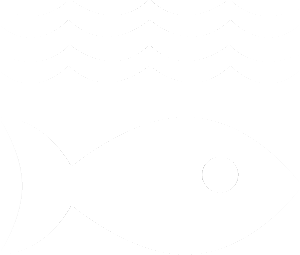

Home » Life Below Water » SDG 14-Status Report: Environmental Protection – Part 2
SDG 14-Status Report: Environmental Protection – Part 2
Read Part 1
In Part 1 of this update we focused primarily on Israel’s efforts to clean up its air. Here we’ll take a look at some other areas that require urgent action, particularly in the context of implementing SDG 14 (Life Below Water) and SDG 15 (Life on Land).
Against the background of broad opposition – particularly from civil society groups – to a deal with the UAE that would position Israel’s southern port of Eilat as a conduit for Gulf oil to Europe, the Environmental Protection Ministry announced a delay in implementation subject to further examination. Opposition to the agreement includes feared risks to the area’s coral reef, which has demonstrated particular resilience to global warming threats currently devastating other regions; on the flip side, diplomatic considerations vis-a-vis Israel-UAE ties also weigh heavy in the balance.
On another, especially acute front: the Environmental Protection Ministry is embarking on a broad 300 million shekel effort to upgrade activities in the Arab community in areas such as waste treatment, infrastructure and recycling. The Ministry’s website homepage highlights its Hebrew-language video featuring the Minister and senior officials in the field against the backdrop of the challenging reality on the ground.
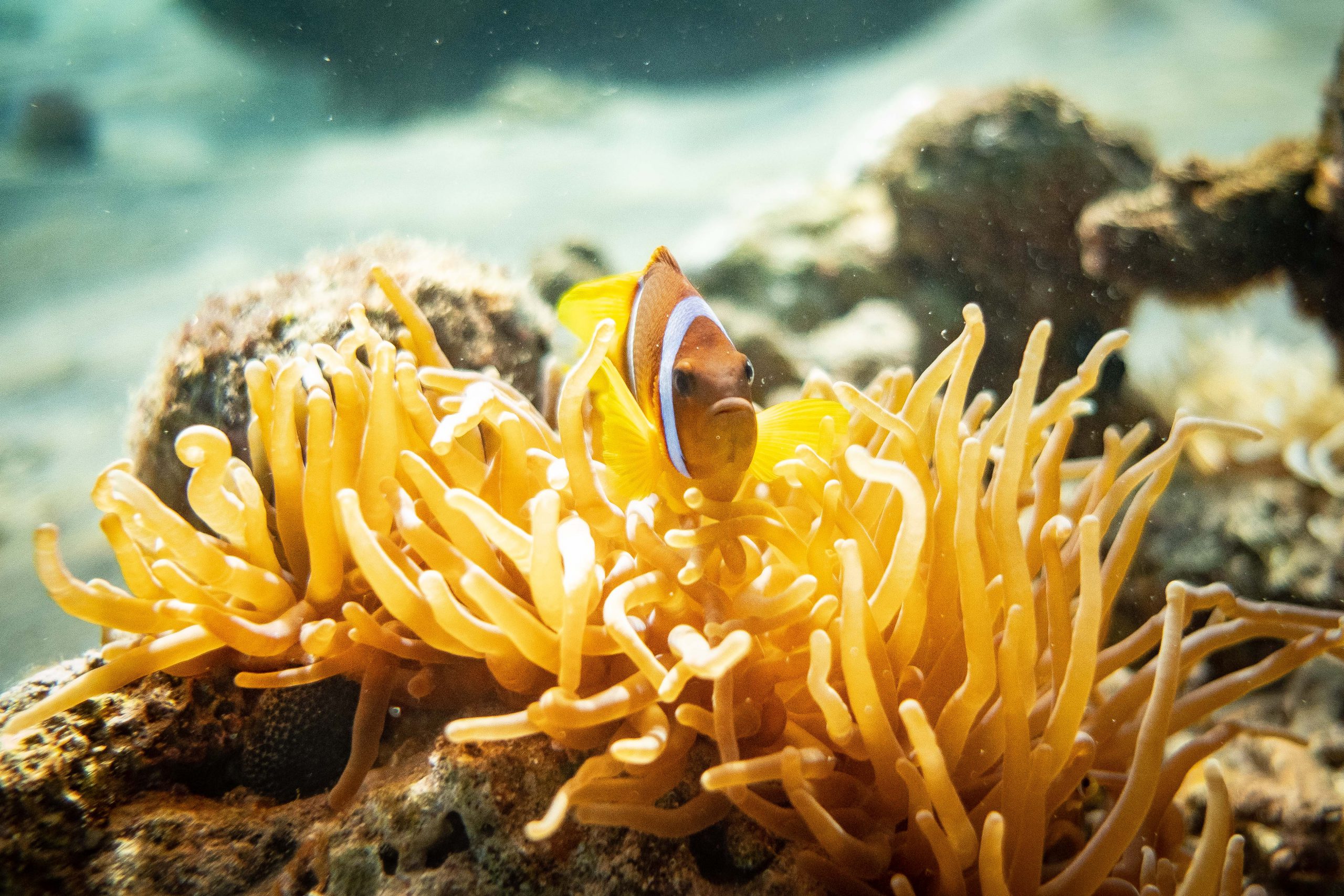

“Over the years the environment in the Arab community was neglected. Waste piled up, open spaces deteriorated, and a broken reality was created in which the daily lives of about two million Arab citizens have been forgotten. I decided to change this situation,” the Minister said in announcing the plan, which will also deal with environmental planning.
Israel’s discourse is increasingly focused on the importance of environmental justice, including with regard to planning issues. Recently weighing in on the subject, the head of the Israel Planning Administration emphasized that urban renewal – a hot button issue in the country, particularly now – must be carried out in already built-up areas against the backdrop of a growing population and in view of the need to preserve open spaces for all. On a separate occasion, she recently urged that more state efforts be directed toward urban renewal in the periphery, including with regard to upgrading infrastructure.
On another issue: Shocking as it may sound, Israel’s household use of disposable plastics – around 75% of the country’s total consumption – is estimated at about five times that of the entire European Union!
Recognizing the burgeoning crisis, the Finance and Environmental Protection Ministers recently agreed to levy a special purchase tax on locally produced and imported disposable plastic utensils; the new tax will double their cost to the consumer and is expected to reduce usage by 40%. This move joins ongoing legislative and regulatory efforts to advance plastic beverage bottle recycling beyond current levels as part of the wider campaign against plastics consumption (apropos: the use of plastic bags provided by retailers decreased in 2020 by 75% as compared with 2016).
For Israel, as for many other countries, the fight for environmental protection is an up-hill battle entailing both closing gaps of the past and guaranteeing a better future. There’s no choice but to press on; the alternative – submission – is not an option.
Related articles
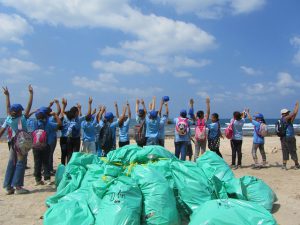

SDG 14- Cleaning Up Israel’s Beaches
Life Below Water Israel’s coastlines are under a looming threat. In a tiny country, where there are not enough beaches to begin with, hotels, restaurants
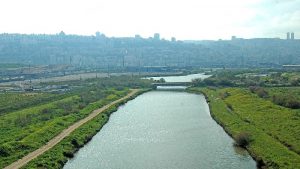

SDG 14-Ridding the Rivers of Waste
Life Below Water They seem to have a lower profile than the “blue lung” Mediterranean, and the “lowest point on earth” Dead Sea, but Israel’s
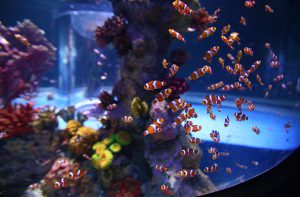

SDG 14-The Israel Aquarium in Jerusalem – An Underwater Wonder
Life Below Water SDG 14- Israel’s New Underwater Aquarium in Jerusalem – What a Wonder On an ordinary visit to the new Jerusalem aquarium one


















